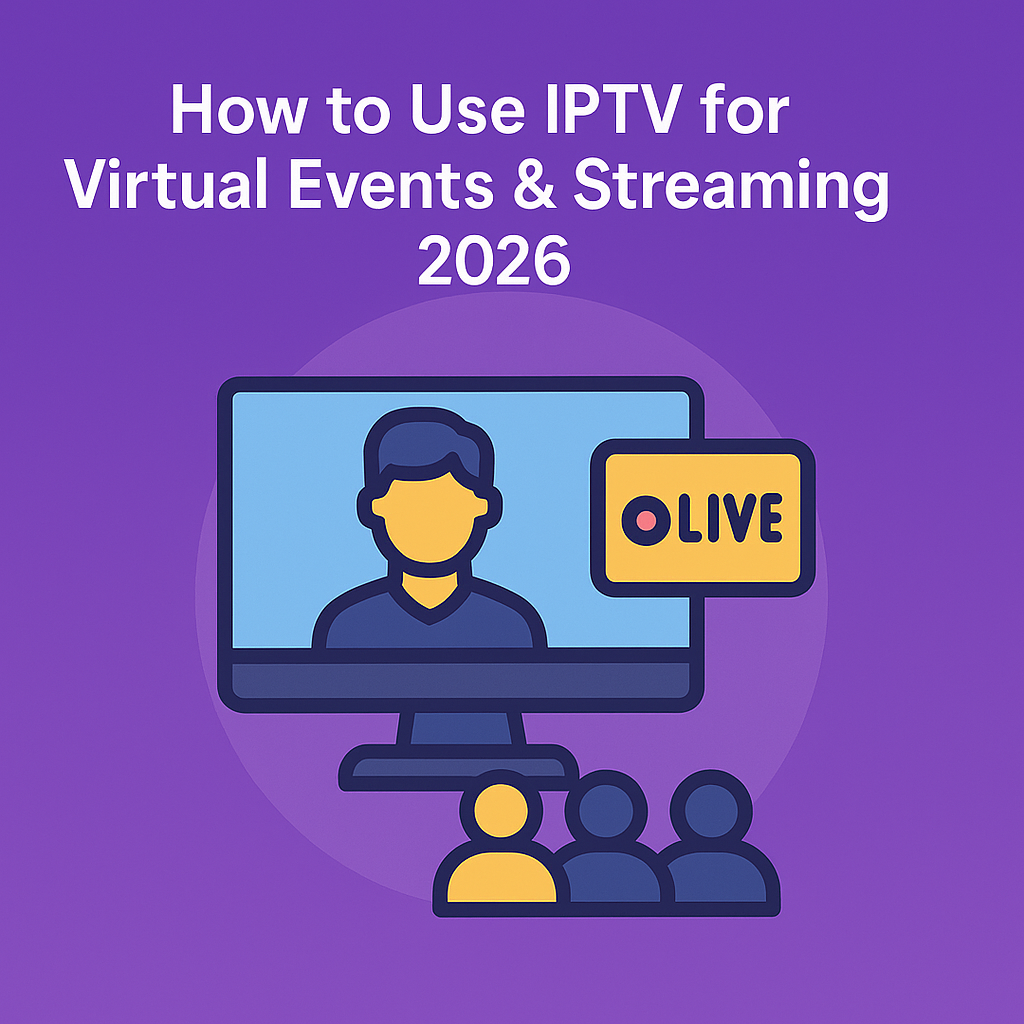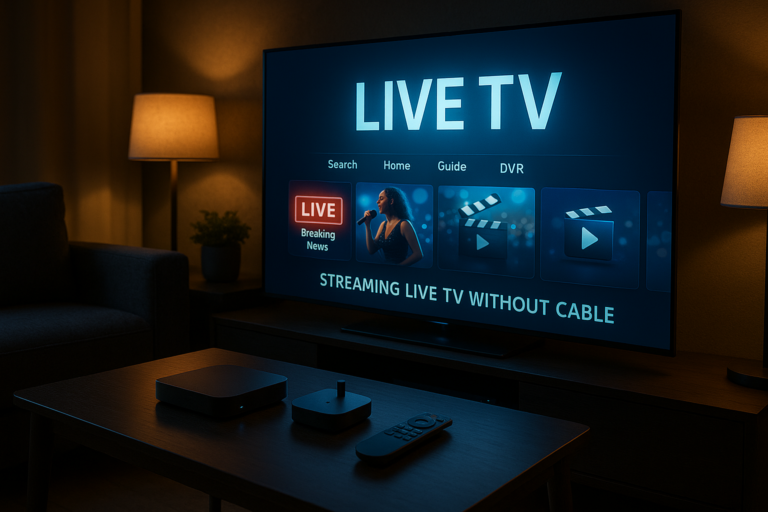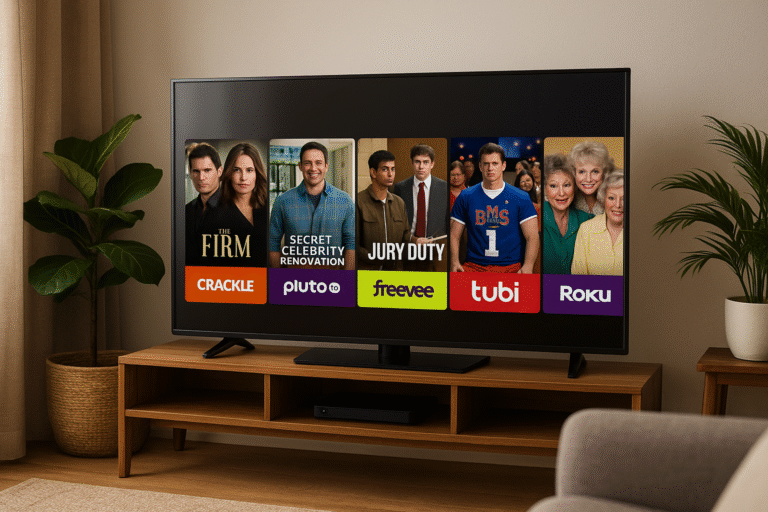How to Use IPTV for Virtual Events & Streaming 2026

Introduction
As we move through 2026, virtual events have become a cornerstone of global communication — from online conferences and hybrid trade shows to live product launches and concerts. Traditional streaming platforms often struggle with latency, scalability, or control. That’s where IPTV for virtual events and live streaming steps in. With IPTV, organizers can broadcast to thousands with professional quality, low delay, and full customization.
Why IPTV Is Perfect for Virtual Events
Unlike web-based live platforms, IPTV (Internet Protocol Television) delivers video through managed networks or private servers. This allows for high stability, consistent bitrates, and zero ads — ideal for professional presentations or pay-per-view events.
Virtual events powered by IPTV offer interactive experiences, synchronized multi-camera views, and real-time analytics. It’s no longer just a video stream — it’s a fully managed broadcasting system designed for performance and reliability.
Key Components of an IPTV-Based Virtual Event
To host a successful IPTV event, you need the right setup. Here’s how the architecture works:
- 1. Source Feed: Cameras or encoders capture live video from the venue or studio.
- 2. IPTV Server: A provider like CCCam2 Premium IPTV distributes the signal to all connected devices globally.
- 3. CDN (Content Delivery Network): Optimizes data routes to minimize buffering and delay.
- 4. Access Control: Viewers use secure logins or event-specific tokens to join.
- 5. Interactive Layer: Optional chat, polls, or Q&A systems enhance engagement.
Advantages of Using IPTV for Virtual Events
- Professional Quality: IPTV streams maintain broadcast-grade quality up to 8K resolution.
- Low Latency: Managed streaming ensures minimal delay between source and viewer.
- Full Control: No third-party ads or platform restrictions — complete brand ownership.
- Scalability: From small webinars to global conferences, IPTV can scale instantly.
- Data Analytics: Monitor viewer behavior, engagement rates, and geographical reach in real time.
Technical Setup & Requirements
Here’s what you need to run a smooth IPTV-based event in 2026:
- Reliable IPTV Provider: Choose a service such as CCCam2 Premium IPTV for secure, high-performance distribution.
- Encoding Software: OBS Studio, vMix, or Wirecast to convert your camera feed into a digital stream.
- Dedicated Bandwidth: Minimum 50 Mbps upload speed for large-scale HD events.
- Adaptive Bitrate Support: Ensures stable playback for users with different internet speeds.
- Backup Server or Cloud Mirror: Redundancy protects against outages during live sessions.
Use Cases for IPTV Virtual Events
- Corporate Conferences: Host internal or external business events securely.
- Education & Training: Deliver lectures and workshops globally with interactive chat.
- Music Concerts & Festivals: Offer multi-camera views and exclusive backstage access.
- Sports Streaming: Broadcast local games or e-sports events to global fans.
- Product Launches: Combine live demos with real-time feedback and analytics.
Common Challenges to Avoid
- Bandwidth Bottlenecks: Always test upload speed before the event.
- No Backup Feed: Keep a secondary encoder ready in case of network failure.
- Low Engagement Tools: Integrate polls and Q&A to keep audiences active.
- Unbranded Interfaces: Customize player skins to reflect event branding.
Reality Check
By 2026, IPTV has outperformed traditional web-streaming services for professional events. The difference lies in reliability and customization. With solutions like CCCam2 Premium IPTV, event organizers can broadcast worldwide without interruptions, latency issues, or privacy risks. IPTV isn’t just an alternative — it’s the standard for the next generation of virtual events.
Final Verdict
Hosting virtual events with IPTV in 2026 gives you total control, scalability, and professional quality. Whether it’s a business summit or an online concert, IPTV technology ensures every frame is delivered flawlessly. The future of live streaming belongs to platforms that combine performance, interaction, and data-driven insights — and IPTV is leading that evolution.
FAQ Section
1. What’s the difference between IPTV and normal streaming?
IPTV uses dedicated, managed networks for higher reliability and quality, while normal streaming relies on public internet servers.
2. Can I monetize IPTV virtual events?
Yes. You can offer pay-per-view access, ad-free subscriptions, or sponsorship integrations using IPTV systems like CCCam2 Premium IPTV.
3. How many viewers can IPTV support at once?
With CDN and edge distribution, IPTV systems can handle tens of thousands of concurrent viewers without lag.
4. Is IPTV suitable for hybrid events?
Absolutely. IPTV can stream to both in-person screens and remote attendees simultaneously, ensuring unified engagement.






